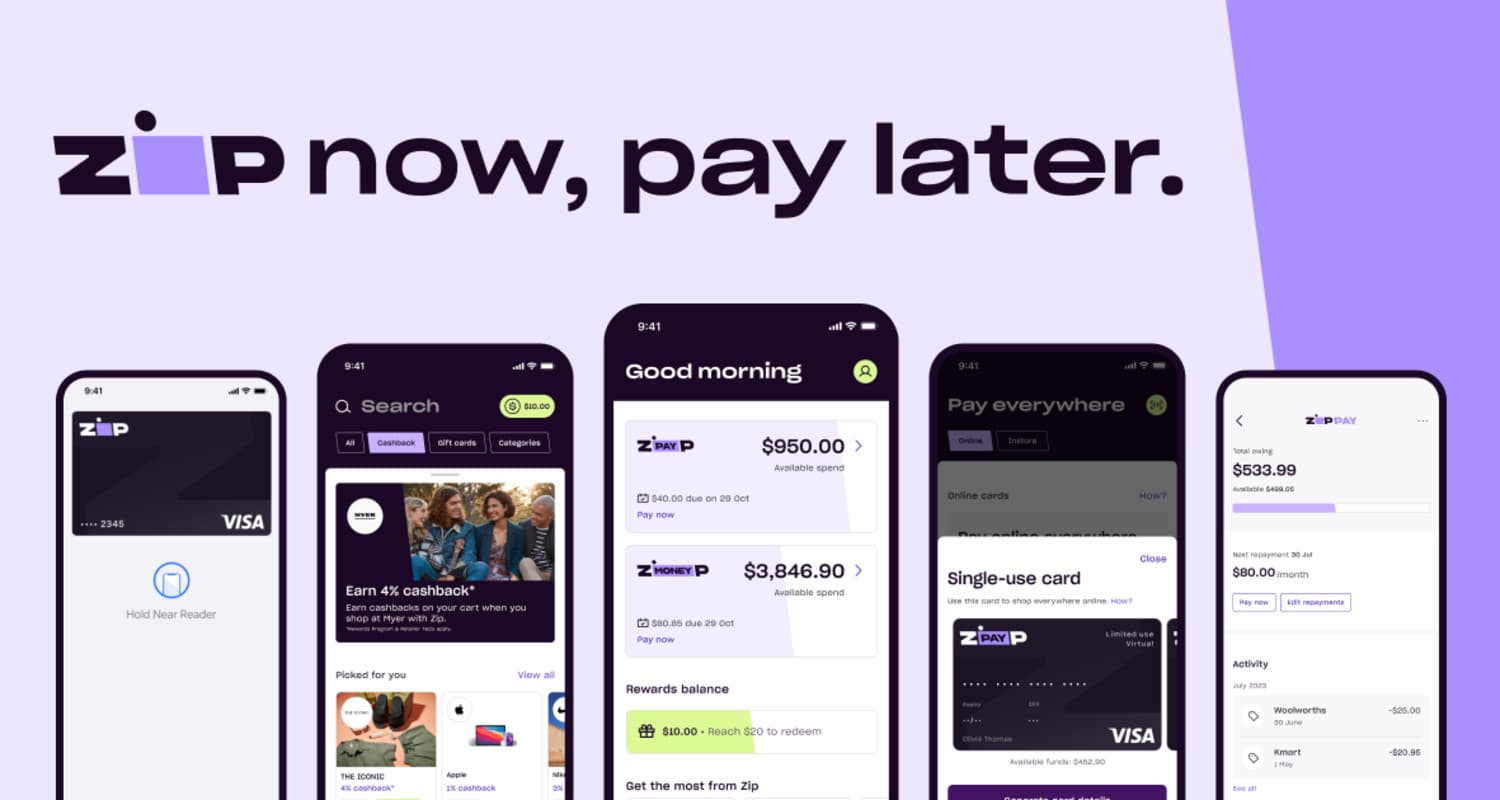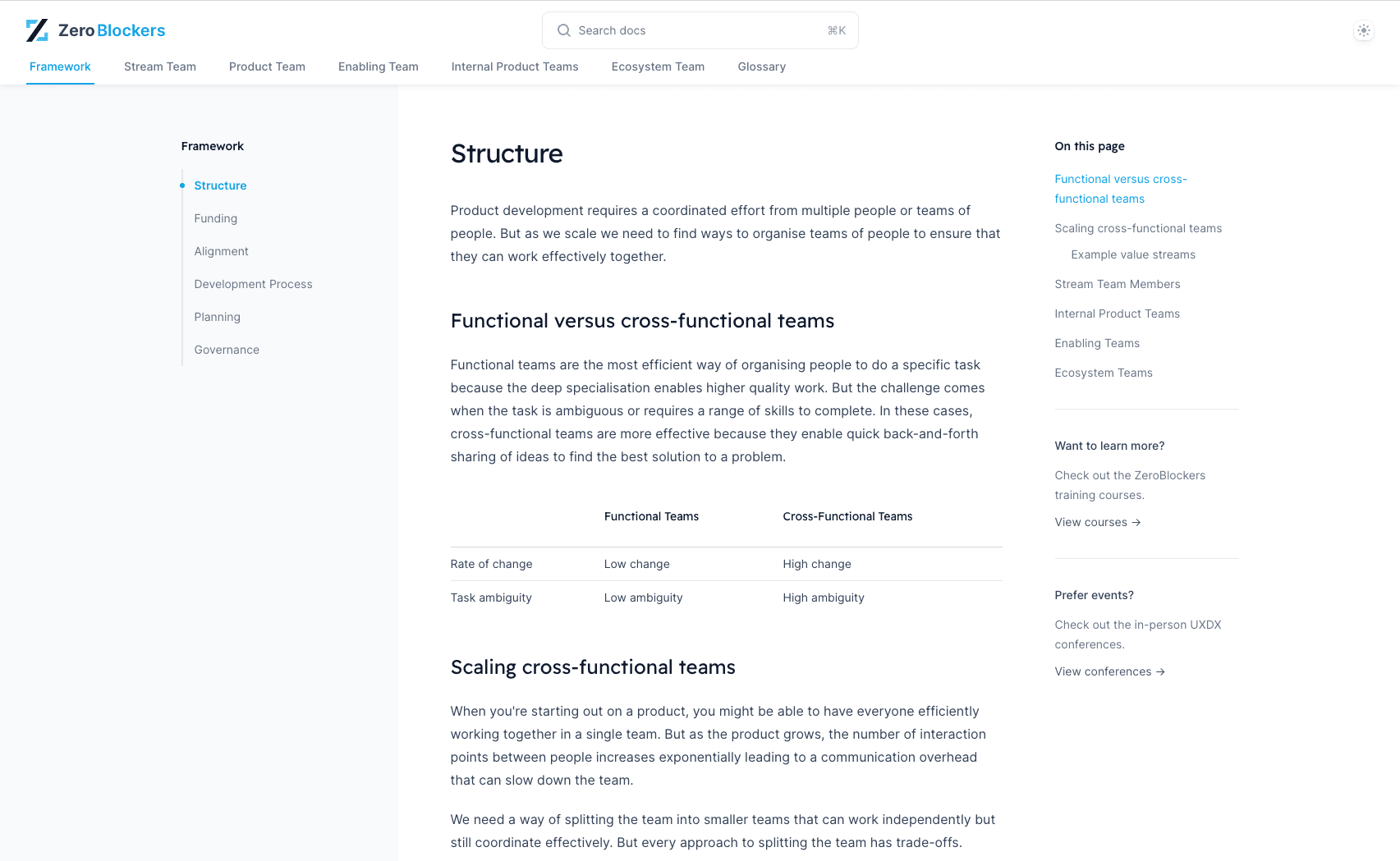Case StudyProduct Team: Scaling With Product Teams - Maintaining Startup Speed in Enterprise Environments
Zip, a buy-now-pay-later company, faced the challenge of maintaining the agility and rapid development pace characteristic of startups while undergoing massive growth and transitioning into a larger enterprise. The transition risked losing the innovative spirit and speed that had driven their initial success, as the company needed to adapt to more complex operational and managerial structures typical of larger organizations.

The Solution
Maintaining the startup speed within an enterprise setting requires strategic planning and adherence to specific principles:
- Empowered Teams: Zip structured their teams to be small and autonomous, allowing them to operate with a high degree of independence. This enabled faster decision-making and greater ownership of projects.
- Lean Processes: By adopting lean methodologies, Zip ensured that teams focused on delivering minimum viable products (MVPs) quickly and iteratively. This approach minimized waste and maximized learning and adaptability.
- Startup Mentality: Despite the company's growth, Zip maintained a cultural emphasis on the startup mentality. This involved encouraging experimentation, accepting failures as learning opportunities, and continuously pushing for innovation.
- Clear Objectives and Key Results (OKRs): Zip implemented a clear OKR framework to align teams with the company's strategic goals. This provided focus and clarity, ensuring that all efforts were directed towards achieving the most critical outcomes.
- Agile Frameworks: Utilizing agile frameworks like Scrum and Kanban, Zip kept their development cycles short and iterative. This approach facilitated continuous feedback and improvement, ensuring that the product development remained aligned with user needs and market demands.
Outcomes achieved
By adhering to these principles, Zip achieved notable outcomes:
- Sustained Innovation: The empowered and autonomous teams continued to drive innovation within the company. This sustained Zip's competitive edge in the rapidly evolving fintech industry.
- Increased Speed to Market: Lean processes and agile methodologies enabled Zip to bring new features and products to market quickly, maintaining the pace they had established as a startup.
- Enhanced Team Morale and Ownership: Teams felt a strong sense of ownership and responsibility for their projects, leading to increased motivation and job satisfaction. This, in turn, boosted productivity and creativity.
- Alignment with Strategic Goals: The OKR framework ensured that all team efforts were aligned with the company's strategic objectives, leading to coherent and focused development across the organization.
- Scalable Practices: The adoption of these practices not only maintained startup speed but also created a scalable model for growth. As Zip continued to expand, these frameworks provided a robust foundation for managing larger teams and more complex projects without losing agility.
